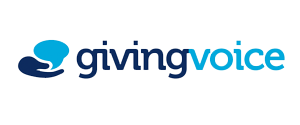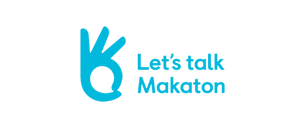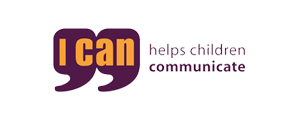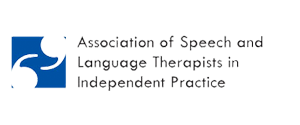Cleft lip and palate
A cleft is a parting of the lip and/or the roof of the mouth that occurs at birth. It is the most common birth abnormality in the face and skull and can cause several complications, most of which can be easily treated.
Our speech and language therapists can work with children with cleft lip and palate to ensure the child is developing speech effectively and is eating, drinking and swallowing with no further difficulties.
What is cleft lip and palate?
A cleft lip is a gap or separation in the upper lip which sometimes affects the gum. Cleft lip can either be unilateral (affecting one side of the lip) or bilateral (affecting both sides of the lip). The cleft can range from a small parting in the lip to a large gap which reaches the base of the nose.
A cleft palate is a separation in the roof of the mouth, this can be in the hard palate and / or the soft palate. Cleft lip and palate may occur together or they may occur on their own.
The size and positioning of the cleft can vary and this will affect the type of difficulties the child has. In most cases the child will be offered a surgical procedure to fuse the cleft or reconstruct the parting. This will provide the child the chance to develop typical speech and eating patterns.
What causes cleft lip and palate?
Cleft lip and palate is caused in early pregnancy. When the baby is developing in the womb, their face develops in separate parts and will eventually fuse together. When the face and palate does not join together properly or stops developing in the womb children will then be born with a cleft lip and / or palate.
The cause of this cannot be predicted or prevented but is suspected to have a combination of genetic and environmental causes.
What problems caused by cleft lip and palate can speech and language therapy help with?
Children with cleft lip and palate may experience many problems with their speech and feeding that speech and language therapy can help with, including:
- Speech problems:
- Unclear speech sounds.
- Articulation difficulties due to dental problems.
- Voice problems (nasal) due to:
- Hearing difficulties (ear infections).
- No closure in the palate.
- Reduced confidence communicating when older.
- Difficulty feeding:
- Reduced growth.
- Unable to form lip seal.
- Swallow more air when feeding.
- No closure in palate.
- Poor oral-motor movements.
How can SLT for Kids help a child with cleft lip and palate?
Speech and language therapy has several benefits for a child with cleft lip and palate, including:
- Ensuring speech and language is developing at a typical rate.
- Clearer and more intelligible speech.
- Identify additional needs e.g. hearing difficulties.
- Help voice difficulties.
- Increase child’s confidence when communicating.
- Reduce family and child anxiety.
- Create effective feeding techniques.
- Promote weight gain through feeding.
- Identify and prevent swallowing difficulties (dysphagia).
What would treatment for a child with cleft lip and palate involve?
Speech and language therapists use various treatment and assessments to treat a child with cleft lip and palate, including:
- Assessment of feeding.
- Assessment of speech sounds when child is older.
- Assessment of language.
- Specialist voice assessment when older, if appropriate.
- Information and education on palate function for family and carers.
- Feeding therapy by dysphagia specialist.
- Strategies for safe and effective feeding.
- Oral motor exercises to help promote more lip seal and effective tongue movement.
- Exercises to co-ordinate breath - suck - swallow cycle.
- Speech, language and communication therapy when child is older.
Our speech and language therapists have the knowledge and ability to refer your child on to another professional from the kids feeding team if they would benefit from this.
How do I arrange an assessment for my child with cleft lip and palate?
To arrange a speech and language therapy assessment for cleft lip and palate with one our speech and language therapists please call 0330 088 2298.
Summary
Cleft lip and palate is a parting of the lip or palate and occurs at the early stages of pregnancy when the baby's face and skull fails to fuse. The causes of cleft lip and palate are unpredictable and can’t be prevented. Speech and language therapy can help children with cleft lip and palate to develop their feeding, speech and voice skills, as well as their confidence.
If your child has cleft lip and palate and you think they would benefit from seeing one of our specialist paediatric speech and language therapists, email office@sltforkids.co.uk or call 0330 088 2298.








